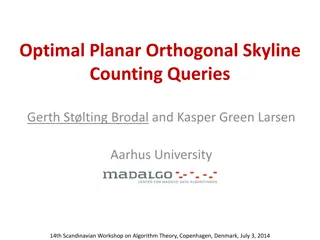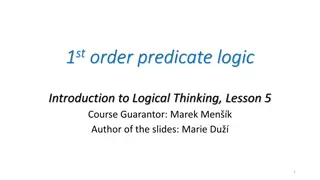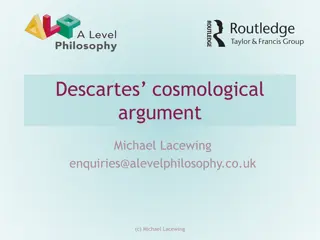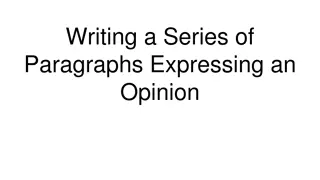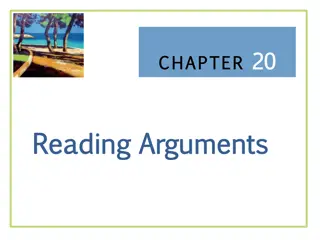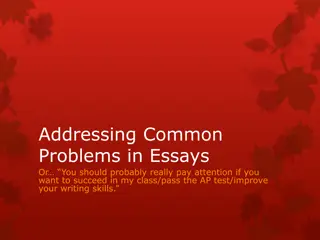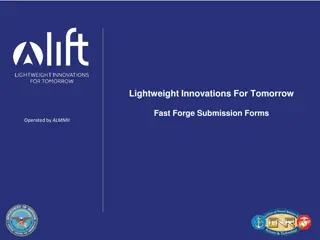Innovations in Succinct Two-Message Argument Systems
Discover the advancements in compilers for succinct two-message argument systems, exploring concepts like verification of work, interactive proofs, and encryption. Key topics covered include the compiler process, results obtained with secure FHE, and applications in verifying exhaustive search like Bitcoin mining.
Download Presentation

Please find below an Image/Link to download the presentation.
The content on the website is provided AS IS for your information and personal use only. It may not be sold, licensed, or shared on other websites without obtaining consent from the author. Download presentation by click this link. If you encounter any issues during the download, it is possible that the publisher has removed the file from their server.
E N D
Presentation Transcript
Spooky Interaction and its Discontents: Compilers for Succinct Two-Message Argument Systems Cynthia Dwork Moni Naor Guy Rothblum Micorsoft Research Weizmann Institute Samsung Research
Verification of work Mowing the Lawn Lengthy Computation Goal: Get succinct two (short) message argument for computation based on falsifiable assumptions Much shorter than the computation
His and Her Story Aiello, Bhatt, Ostrovsky and Rajagopalan, 2000: made a tantalizing suggestion: Get 2 round succinct verification from PCP + cPIR Dwork, Langberg, Naor, Nissim and Reingold, 2000: problems with such proofs and the techniques used Kalai Raz and Kalai, Raz and R. Rothblum: you can provably achieve the dream, Interactive proofs* No signaling Subexponential assumptions
The Compiler Start with a k round interactive proof (P,V) and any FHE. Verifier uses public coins: ?1, ?2, ?? Compiled V*: Choose public keys pk1, pk2, , pk? Encrypt c? = FHE_{pk?} (?1, ?2, ??) Compiled P*: homomorphically compute b? = FHE _{pk?} (P(?1, ?2, ??)) Compiled V*: decrypt the b? s and accept iff V accepts (??, ??, ??, ??, , ??, ??) ??
Our Results With any FHE with poly security If the verifier V is log space with no secret storage: compiler works Corollary: can adapt Goldwasser, Kalai and G Rothblum s interactive proof for NC: obtain two round verification for any NC language Size of proof proportional to depth The compiled protocol fails if the FHE instantiated before protocol is chosen V: commit to r (by encryption) P: guess r V: open commitment and accept if guess was correct For every instantiation of the compiler there exists a protocol that is bad
Verifying Exhaustive Search Application: Bitcoin Mining From blockchain Nonce Suppose you want to run a bitcoin mining pool Each participant searches for a value r such that (?,?) = 050 How to reward failures? How to prove that you are a hard worker? Exhaustive search translates to a shallow circuit Length of argument: depth of h plus log the subset size
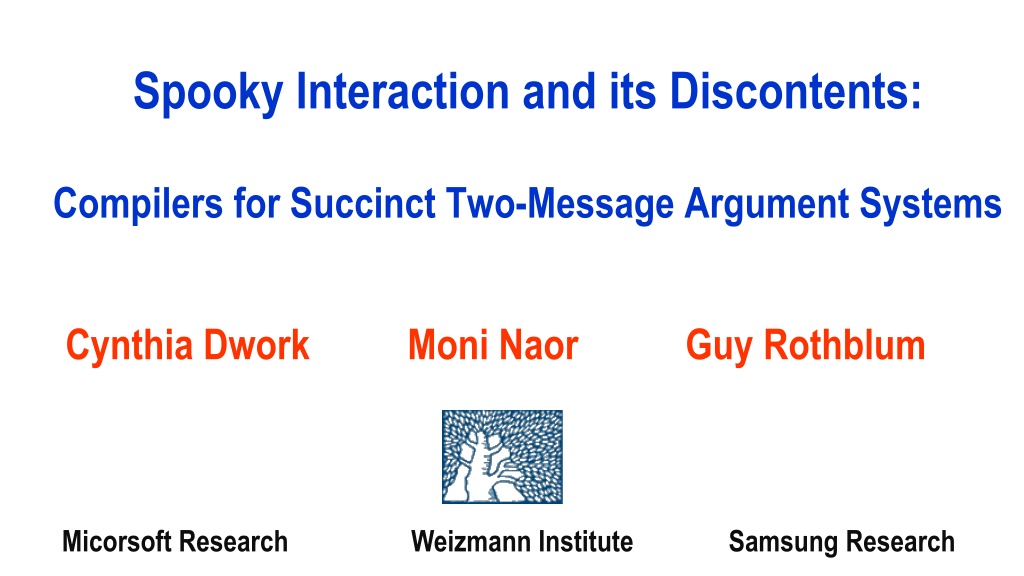

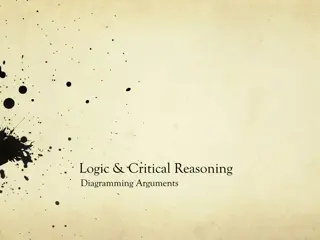
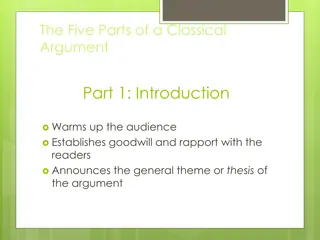
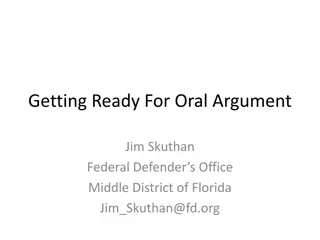
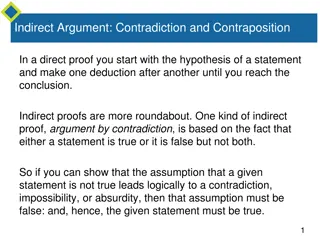
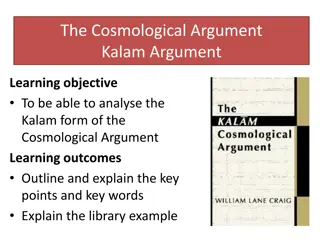
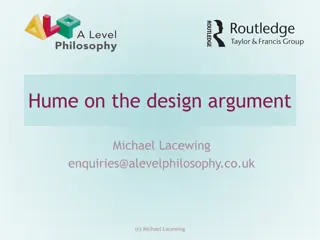
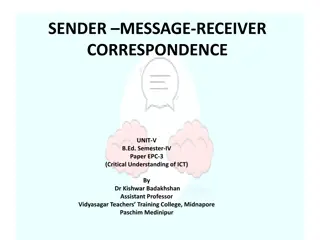
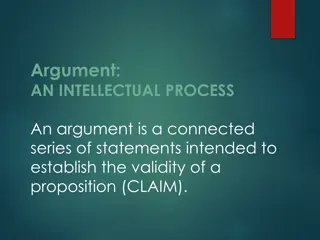
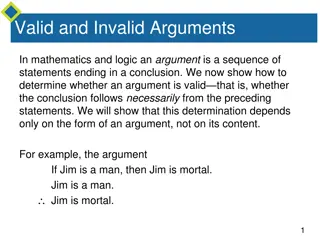
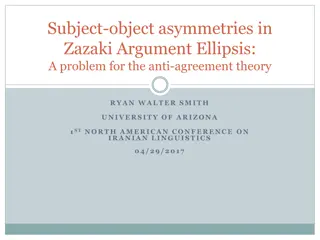
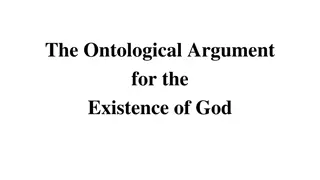
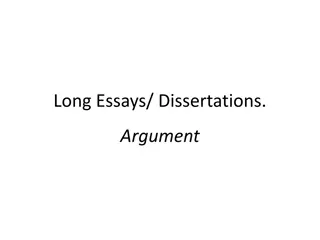

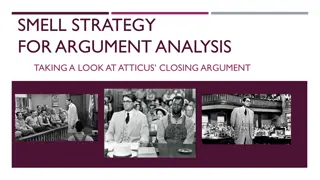
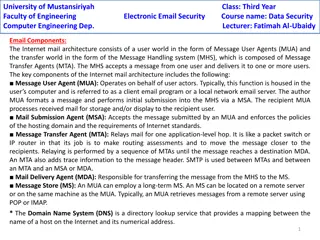


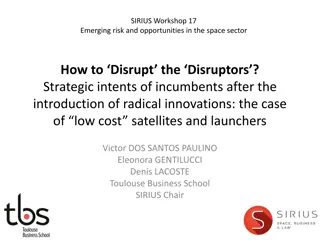



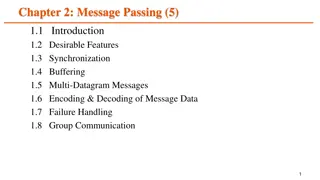

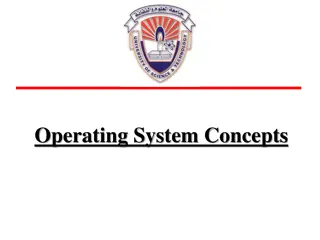


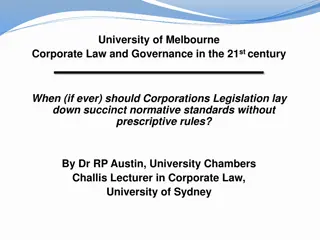

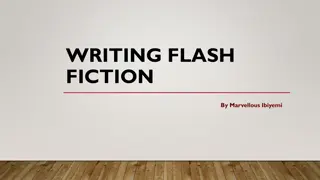
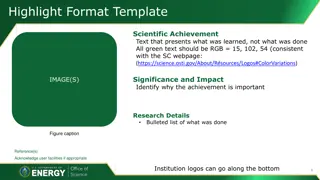
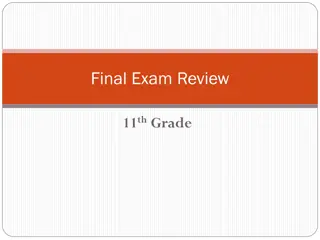
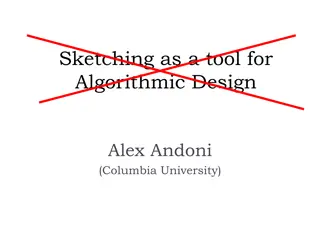
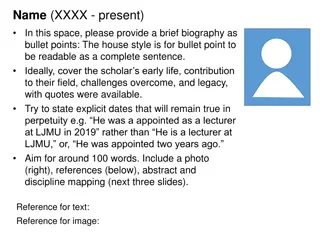
![Innovative Solutions for Investor Success - [Your Name] & [Your Company Name]](/thumb/196869/innovative-solutions-for-investor-success-your-name-your-company-name.jpg)
